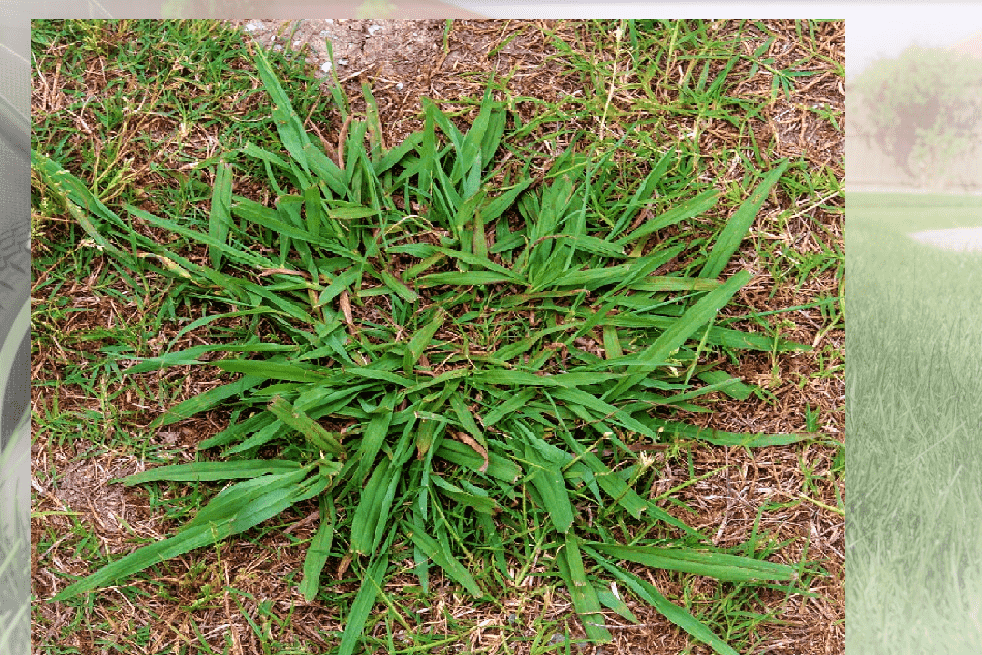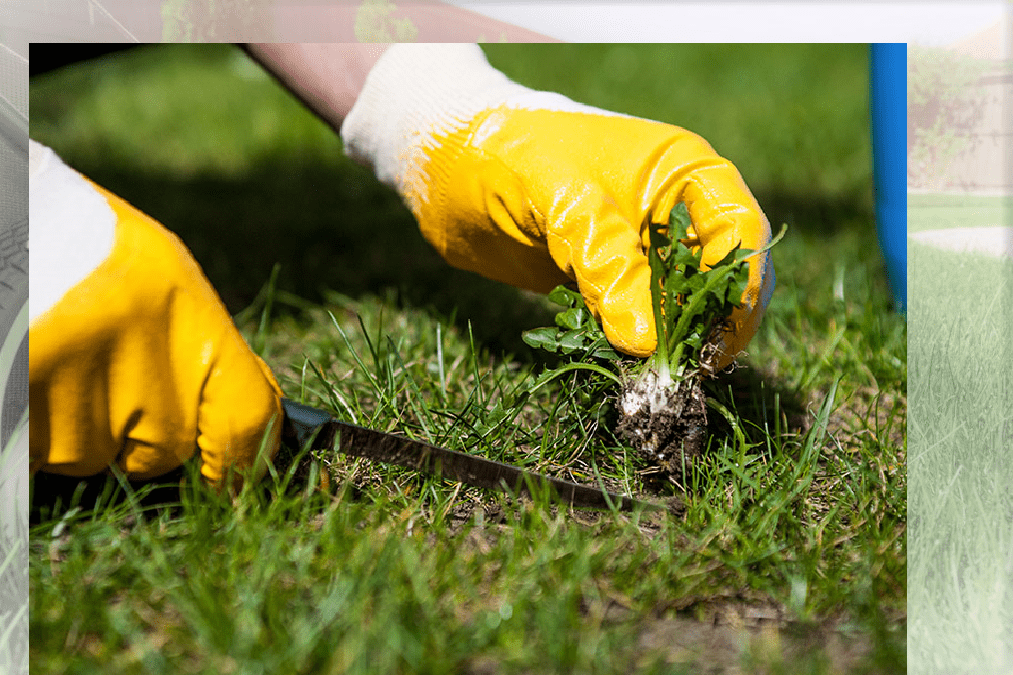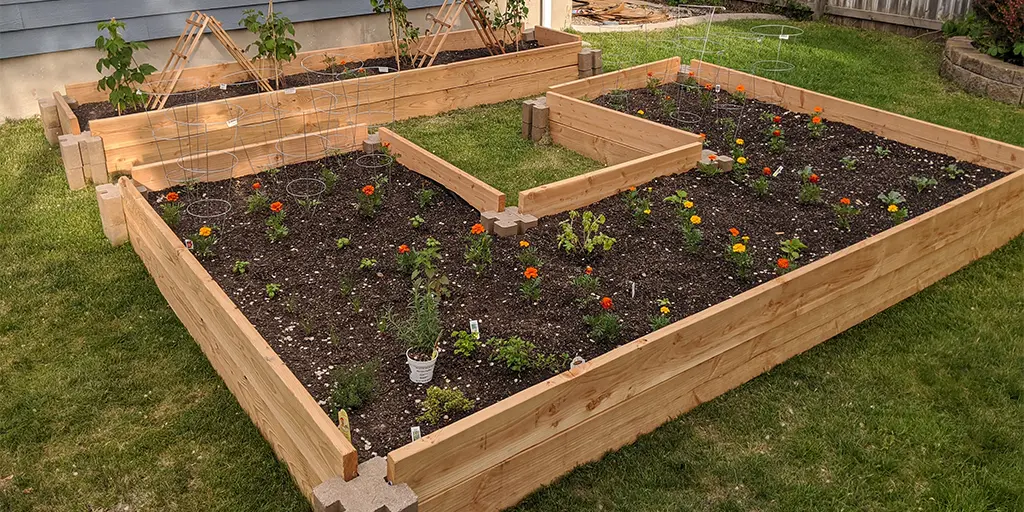Can you prevent weeds in the garden? Weeds are the aspect of gardening that aggravates me the most. They resurface just when you believe you have them under control.
It helps to reduce that discomfort by learning how to prevent weeds so you don’t have to deal with them in the first place. Maybe you are interested in this article: Riding Lawn Mower Sheep to Robot: Best Number 1 Garden Weeding Robot For Sale. You will enjoy your day more using the weeding robot.
Prevent Weeds in The Garden

If left alone, weeds can grow to enormous sizes and sprout up in any vacant area that is accessible. Additionally, there are so many different types of management that a variety of strategies are needed.
They spread disease, are frequently unsightly, and rob your plant of its nutrients. The best course of action is to understand how to prevent weeds rather than fight them continually.
Don’t be frustrated if you still notice weeds in your garden occasionally; it’s vital to keep in mind that you can never totally remove them. Make every effort to lessen the impact of the infestation, but keep your expectations in check. Having said that, employing these strategies can unquestionably provide you with an advantage over the issue.
Weed Control: What Is It?
Weed control should be one of your top responsibilities while caring for your landscape. It’s crucial because weeds will rob the plants you want in your garden of nutrients, water, and sunlight.
Eliminating weeds from your garden is an act of control. Although it seems easy, it can be challenging.
Your plants will be less content the more weeds you have. You must therefore pay great attention to the weeds that are sprouting in your garden. A list of weed-control strategies is shown below.
How to Prevent Weeds in the Garden

How do you prevent weeds in the garden? Stopping weeds before they take root is the best way to stop them from spreading across your garden. Understanding that weeding is a continuous garden chore rather than a one-time operation is essential to learning how to prevent weeds in the garden.
Even people who resentfully remove weeds understand that it takes much less time to prevent weeds in the garden as they emerge or as soon as they sprout than it does to eradicate an existing weed infestation. For a weed-free gardening experience, take into account the following actions.
Here are some tips to prevent weeds in the garden:
Grow Things Carefully

When making a new garden bed, you cannot avoid tilling or hand cultivating. It is the best method for incorporating organic matter and aerating the soil. The dormant weed seeds buried just below the soil’s surface are what you can’t see.
They become awake and are propelled into germination when you move them to the surface of the soil. Avoid unnecessary tilling and cultivating once you’ve established a new garden bed unless it’s really necessary.
Put a Pre-emergent to use
Consider a chemical solution if you’re seeking a way to prevent weeds from sprouting up in the first place. Herbicides used prior to weed growth prevent weed seeds from sprouting.
They are designed to target particular weed families or weed combinations. Simply spread the pre-emergent around your garden in the early spring or after cultivating, before the weed seeds start to sprout.
After treating the area, be careful to thoroughly wet it with water spray in the garden setting because pre-emergent is activated by water. For optimal effects, the herbicide is dragged down to the seed level by the water application.
Mulch Your Beds
The application of mulch is a practical and organic way to keep weeds from taking over your garden. Apply a thick layer of organic mulch to the garden area that is about 2 inches deep, being careful to keep away from the bases of individual plants and bushes.
Mulch will not only assist the soil to retain moisture, but it will also smother out any small weeds and make it difficult for tilled-up weed seeds to germinate.
Organic mulches, such as pine needles, cedar, and leaves, survive considerably longer than non-organic mulches (such as landscape fabric and plastic), but they don’t decompose to foster a healthy soil ecosystem.
Closely Tend to Plants
The wide, bright gaps between garden plants are perfect for weed growth. Vegetables, flowers, and shrubs should be planted at the specified spacing. Instead of growing in rows, think about using block spacing to close up any open spaces where weeds might grow.
Get Rid of Hitchhikers
New weeds can enter your garden through young plants from the neighborhood nursery. Even in a nursery setting, weed seeds are very effective in dispersing. Make sure to closely examine every new transplant to make sure they aren’t bringing any unwelcome company.
Simply remove any seeds or sprouts you see before replanting them in your garden. Even though it could seem unending, continuously weeding your garden will be beneficial. You can effectively get rid of hundreds of the weed’s progeny for each one you get rid of before it goes to seed.
Get to Pulling
Establish and adhere to a weeding timetable. When the soil is moist and the plants are young, this is the ideal time to weed. Weeds should be carefully pulled out of the garden by the base, with as little soil disturbance as possible.
If you come across challenging roots, use a sharp knife or Cape Cod weeder to cut the weed from its roots without disturbing the mulch or surrounding soil.
Establish a Drought
Prevent Weeds in The Garden next tips. If you water the entire garden, open areas will serve as the ideal environment for weed growth. Use a soaker hose to give moisture precisely where it is needed, at the base of garden plants, to deprive weeds of water. You reduce the potential growth of weeds by watering only these areas.
Plant a Cover
Many vegetable gardens are dormant during the winter months. Chickweed and deadnettle are examples of annual weeds that grow during cooler months. Without any plants or mulch, you might be wondering how to keep weeds from growing in gardens. By sowing some competition, you can prevent these weeds from sprouting and taking over your yard.
By competing with weeds for light, water, and nutrients, cool-season cover crops like ryegrass or clover act as a barrier. To add organic matter and nutrients to the soil, simply till beneath in the early spring. These are all some tips to prevent weeds in the garden.
How to Pull Weeds

It is important to remove weeds. If you give the plant room to grow again, you don’t pull it up completely from the ground. You will still need to remove the weeds after using any of the aforementioned methods to kill them.
Because of this, it’s crucial to know how to completely and correctly remove weeds from the ground. Make sure to pull weeds when the ground is damp to start. It will be simpler to remove the entire plant as a result.
Then, firmly grasp the plant’s top and pull, being careful to remove the entire plant. If not, you can use a garden tool or your hands to dig under the soil to get rid of the remaining weed and its roots. It’s a straightforward procedure, but one that could make your garden flourish.
Conclusion
Unfortunately, when you create the right surroundings for your lawn and garden, you also provide the optimum conditions for weeds to flourish. But don’t worry, you now know what to do to prevent weeds in the garden, right?
Make sure you follow these guidelines. It’s actually quite easy to prevent weeds in garden areas. Spend a little time now to stop weeds from growing and you’ll avoid hours of weeding later.
